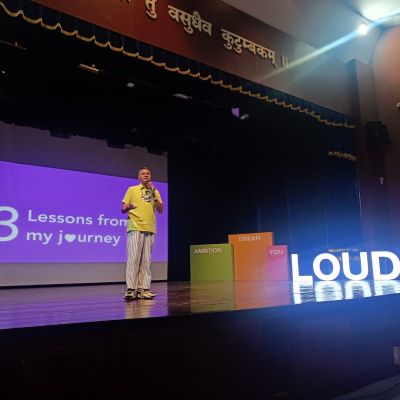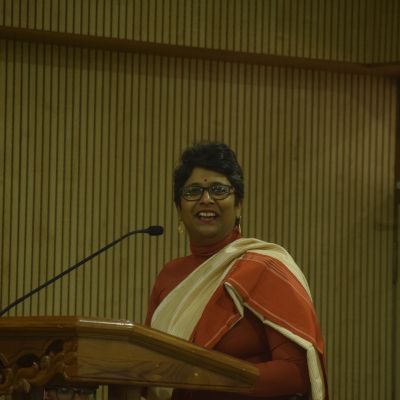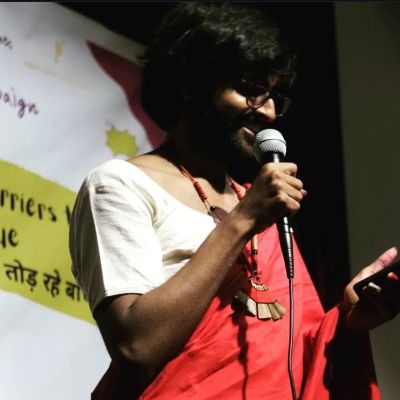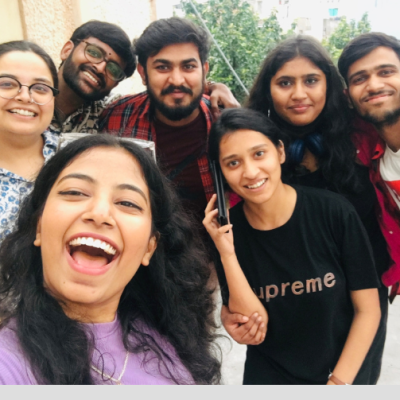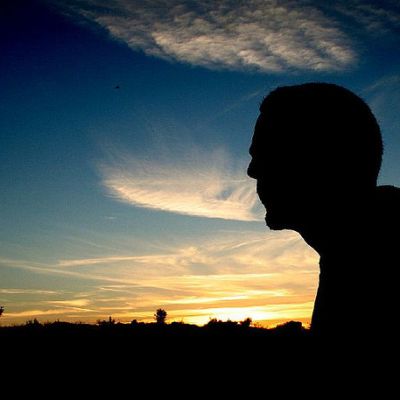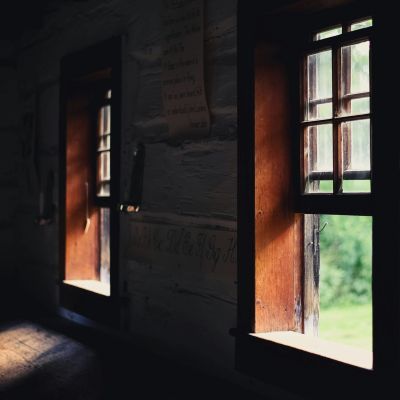Gender
The larger question is, who gets to bring all of themselves to the workplace, and who is either not allowed, or feels scared, or is bullied for doing so?
I feel that parents, teachers and CSE can make room for these disparate realities of adolescents by first acknowledging the limits of formal sexuality education, that the curriculum imparted formally fails in providing the kind of learning that happens through other sources.
Safe spaces in the way that they often circulate are depoliticised and the assumption is that there won’t be any conflicts, but there can be no safe space without an exchange of ideas, which will create some bad feelings leading to conflict.
The aim of this piece is to bring to light the inherent queerness marking Baul folk music in Bengali, an oral undocumented spiritual expression that transcends heterosexual impositions and classism.
In those moments of doubt, when we wonder whether we can really make a difference in the world, it is often our work friends who remind us why we began.
By Dhrubo Jyoti This post is part of TARSHI’s #TalkSexuality campaign on Comprehensive Sexuality Education in collaboration with Youth Ki Awaaz. I remember I was…
During my interaction with students as a part of sexuality education classes in schools, one frequently asked question by boys is,“How to charm a girl?”
Being a journalism student once, and having a network of seniors and batch mates who came from a journalism background,…
For women like me, there is an enormous lack of options in addition to the market that relegates us to a corner of ‘plus-size brands’
I have dealt with having a non-masculine body since the time I was a teenager. I have questioned my sexuality and how it interacted with my non-masculine body.
I was focused on becoming the ‘perfect’ feminist, based on the stipulations of mainstream feminism. The result: a deeply narrow conception of feminism,and it would take years to unlearn the ‘black-and-white’ mentality and embrace intersectionality.
The morning was heavy, laden with the weight of expectation, with the unsettling realisation that something was about to shift.
Where did my body go? This is a question I have asked myself repeatedly over the last two years. My…
My mother was not a role model for me when I was growing up – not in the traditional sense…

